Ever found yourself puzzled over the rising costs of maintaining that shiny epoxy coating on your garage floors? Perhaps you’re using a hard foam mop on a concrete substrate in your home or business? You’re not alone. The pandemic has thrown a wrench into many aspects of our lives, including the increased need for hard foam mops and coatings for deep cleaning spills and paint on epoxy floors. As we move into 2023, you may be wondering what trends to expect in the average price of these costs. It’s important to get estimates for your project. Well, it’s not just about dishing out money every month for the price of a project; several factors such as people’s choice come into play here. From the average cost and condition of your epoxy flooring to the square foot estimates and frequency of cleaning required, each addition can significantly influence the final epoxy flooring costs. So let’s dive into the water of this project and uncover what influences these average costs and how you can navigate them, using our estimates.
Types of Epoxy Flooring: A Guide
Self-Leveling Epoxy Floors
Imagine a flooring that’s as smooth as a mirror, crafted from solid epoxy and concrete, without any bumps or irregularities. A coating that’s easy to maintain with a simple cleaning product. That’s what you get with self-leveling epoxy floors. These types of concrete floors are ideal for warehouse cleaning areas where you need a solid epoxy coating for a seamless and easy-to-clean surface. Garage floors, often made of concrete, are frequently used in commercial buildings, warehouses, or industrial sites where heavy vehicle traffic and water exposure are common. These require proper installation to ensure durability. The epoxy coating is applied directly to the garage floor concrete substrate, filling in any cracks or joints during the installation process.
The beauty of self-leveling epoxy flooring lies in its versatility, whether as a concrete coating for your garage or a durable surface for your warehouse. Available in many colors, epoxy for your warehouse or garage floor can match any concrete style or design theme you have in mind.
Quartz-Filled Epoxy Floors
Next up on our list is quartz-filled epoxy floors, a concrete coating ideal for your garage or warehouse. These are similar to self-leveling epoxy types but come with an added bit of rock – quartz to be precise, for your concrete garage floor coating! This type of epoxy concrete coating creates a slip-resistant surface in your garage or warehouse, able to handle heavy foot traffic and still look good doing it.
Quartz-filled epoxy floors are perfect for areas like restrooms, cafeterias, schools, lobbies, and even concrete garages. They can handle the rough usage of a garage and coating per square foot is cost-effective – basically anywhere people might spill something slippery! Plus, concrete coatings like epoxy for garage floors come in variations from solid colors to patterns that mimic nature’s own designs.
Anti-Static Epoxy Floors
Now let’s talk about anti-static epoxy floors. In certain environments like garages or electronics manufacturing plants where static electricity could cause major problems (think sparks near flammable materials), epoxy concrete flooring comes into play, even when dealing with a large square foot area.
Anti-static epoxy coatings create a conductive environment on your concrete garage floor by integrating a conductive compound within the product mix. This helps control static electricity and dissipate it effectively.
Graveled Epoxy Floors
Last but not least we have graveled epoxy floors. As the name suggests, these concrete floors look like you’ve got tiny pebbles and epoxy embedded right there into your floor! It’s quite the conversation starter!
But be warned – while graveled epoxy floors and concrete bring unique aesthetics and texture to an area, they do require more maintenance than other types due to their uneven surface. Cleaning these types of concrete floors, especially those with an epoxy finish, can take more time and potentially increase your cleaning costs over time.
So there you have it – four different styles of epoxy flooring each with their own unique features and uses. Whether you’re after style, durability or specific functional needs like anti-static properties – there’s an epoxy floor out there that’ll fit the bill.
Average Price of Epoxy Flooring Calculation
Cost Per Square Foot
Let’s dive right into the nitty-gritty. The epoxy flooring cost per square foot can vary significantly depending on the type of epoxy you choose. For instance, water-based epoxy tends to be the cheapest option, typically costing around $3 to $5 per square foot. On the other hand, solid epoxy costs are a bit steeper, averaging between $5 and $7 per square foot.
Labor Charges Impact
Now let’s talk about labor charges. These can have a significant impact on your total epoxy flooring costs. It’s not just about slapping some paint on a floor; it involves surface preparation, application of the epoxy coating, and sometimes even multiple coats. On average, labor fees for epoxy range from $1 to $2.50 per square foot.
Material Quality Matters
The grade of epoxy coating used also plays an essential role in determining your overall price tag. Higher-grade epoxy coatings may require more prep work or multiple layers but they’re more durable and long-lasting which means they could save you money in the long run.
- Low-end grade epoxy: approximately $2 – $4 per square foot
- Mid-range grade epoxy: roughly $5 – $7 per square foot
- High-end grade epoxy: usually around $8 – $10 per square foot.
These are rough epoxy estimates; always get estimates from epoxy professionals for accurate pricing.
Geographical Location Influence
Lastly, where you live can affect how much you pay for your new epoxy floors too! In areas with high living costs, expect higher labor charges for epoxy services than in regions where living expenses and epoxy costs are lower.
So how do you calculate your average cost? Here’s a simple formula:
- Determine your room’s square footage.
- Choose the type of epoxy (water-based or solid) and grade coating.
- Multiply the amount by your chosen epoxy product’s cost per square feet.
- Add estimated labor fee based on local rates.
Voila! You’ve got yourself an estimate for what cleaning epoxy floors might set you back in 2023!
Remember these figures are averages and actual prices can vary based on several factors including epoxy product brand, contractor experience level with epoxy among others so always get estimates before making any decisions!
Factors Influencing Epoxy Flooring Installation Cost
Floor Condition
The condition of the floor prior to epoxy floor installation significantly impacts costs. If your epoxy floor is in bad shape, with cracks or uneven surfaces, expect additional labor costs for repairs and preparation. It’s like trying to apply epoxy to a cracked wall; you gotta fix the cracks first!
- Perfect condition: Straightforward installation, lower cost.
- Minor damages: Some repair needed, moderate cost.
- Major damages: Extensive repair required, higher cost.
Size and Complexity
Next up, size and complexity. The bigger the epoxy area, the more epoxy materials you’ll need – it’s as simple as that! Costs also spike if there are complex patterns or multiple colors involved in the epoxy process. Think about epoxy like a tattoo; a small, simple epoxy design on your wrist won’t cost as much as a full-color epoxy sleeve.
- Small Area: Less material needed, lower cost.
- Large Area: More material required, higher cost.
- Complex Design: Additional time and skill required, increased cost.
Professional Expertise
Don’t underestimate the role of professional expertise in epoxy pricing decisions. Highly skilled epoxy professionals may charge more but can ensure quality workmanship that lasts longer and looks better. It’s similar to hiring an experienced epoxy specialist for your project — their work might be pricier but it’s worth every penny!
- Novice Installer: Lower labor costs but potential for mistakes.
- Experienced Professional: Higher labor costs but superior results.
Time Constraints
Finally, let’s talk about time constraints. If you need that epoxy flooring installed ASAP because you’ve got an event coming up or some other deadline looming over your head – be ready to pay extra for rush jobs. It’s like ordering express shipping for your epoxy when online shopping – faster delivery comes at a premium!
DIY vs Professional Epoxy Application Analysis
Cost Comparison
Let’s dive right into the dollars and cents of it all, specifically in relation to epoxy. A DIY epoxy floor kit can run you anywhere from $50 to $600, depending on the quality and coverage area. Contrast that with professional epoxy installation costs, which typically start at around $3 per square foot and can go up to $12 or more. That means a standard two-car garage could set you back anywhere from $1,200 to over $4,800 when going pro with epoxy.
Skill Level Evaluation
Now, let’s talk skill level. Applying an epoxy coating isn’t rocket science, but it does require some know-how. Prep work is crucial for epoxy – any cracks or cuts in the concrete need to be filled and smoothed; otherwise, they’ll show through the final epoxy product. Plus, you’ve got to mix the epoxy correctly – too much hardener and it dries too fast; not enough and it won’t cure properly.
On the flip side, hiring a professional ensures that every step of the epoxy application process is handled correctly. Epoxy professionals come armed with experience and expertise that most homeowners simply don’t possess.
Potential Pitfalls
DIY projects involving epoxy always carry risk – especially when they involve your home’s flooring. One small mistake during epoxy application could lead to peeling or chipping of the epoxy down the line. And if you damage your floor during prep work? You’re looking at additional epoxy repair costs before you even get started on your project.
Professional epoxy installers mitigate these risks by bringing their extensive knowledge of proper application methods to bear on each project.
Time Investment
Time is money – so how much time will this epoxy project eat up? A DIY epoxy floor project can take up a full weekend or more for preparation alone! Then there’s the application of epoxy itself, which can take another few days depending on drying times between epoxy coats.
Compare that with hiring epoxy professionals who bring in a team of workers who have this epoxy application process down pat: preparation one day, epoxy application the next. Your new floor could be complete within a week!
To sum things up:
- DIY epoxy kits might seem cheaper upfront, but consider potential long-term costs due to mistakes.
- The skill level needed for a successful DIY epoxy job is high – do you trust yourself with this task?
- Professionals offer peace of mind through their expertise.
- The time investment for a DIY epoxy job is significant – are you willing to give up your weekends?
So what’s it gonna be? Roll up those sleeves and go full-on DIY mode with epoxy? Or sit back and let professionals handle everything? It’s all about weighing out these epoxy factors against what works best for us as individuals.
Choosing Appropriate Cleaners for Epoxy Floors
Epoxy floors, you know, they’re like the Superman of flooring – super tough and resilient. But even Superman has his kryptonite. For epoxy floors, that’s using the wrong cleaning products. It’s like pouring acid on your precious vinyl records or using sandpaper to clean your specs – a total disaster!
Using cleaners not designed for epoxy can result in serious damage. Imagine spotting cracks or peeling on your once shiny floor because you used some random cleaner. Nightmare, right? That’s why it’s crucial to pick cleaners specifically made for epoxy surfaces.
Cost Comparison: Cleaner Brands
Alright, so we’ve established that you need an appropriate cleaner but how much will it set you back? Here are some options:
- Solvent Epoxy Cleaner: A good choice if you’re dealing with stubborn dirt and grime. Prices range from $20 – $50 per gallon.
- Antistatic Epoxy Cleaner: Perfect for warehouse cleaning where static could be a problem. Expect to shell out around $30 – $60 per gallon.
- Simple Green: This is an all-purpose cleaner safe for epoxy floors and costs about $10 – $25 a bottle.
So yeah, there are choices aplenty depending on what you need and how deep your pockets are.
Now let’s talk green – no, not money but Mother Nature!
Eco-friendly Cleaning Options
When choosing a cleaning product for your epoxy floors in 2023, give a thought to our dear old planet too! Some cleaners contain harsh chemicals while others use organic compounds that are less harmful to the environment.
Here’s something interesting: Did you know that common household items like vinegar mixed with warm water make an effective and eco-friendly cleaning solution?
And don’t forget tools! Using a hard foam mop instead of disposable pads helps reduce waste and keeps your floor sparkling clean.
But wait! Before calling it quits on this topic…
The Contractor Factor
You might think hiring a contractor would cost more than DIY cleaning solutions but consider this: Professional contractors have access to commercial-grade cleansers which may be more effective at removing stubborn dirt and dust without causing damage (like acid etching) to the surface of the floor.
So there ya go folks! Whether it’s DIY or professional help, choosing the right cleaner for your epoxy floor is vital not just for maintaining its look but also its longevity. And hey, who said being kinder to our planet doesn’t come with perks? You get clean floors AND peace of mind knowing you’re doing something good for Mother Earth too!
Expert Tips for Maintaining Your Epoxy Floor
Regular Maintenance Practices
Epoxy floors are a popular choice for their durability and aesthetic appeal. But like any other floor, they need regular maintenance to keep them in top shape. A daily sweep with a soft bristle broom can remove dust and debris that could scratch the epoxy coating. For stubborn dirt, use a damp mop with a mild detergent. Avoid using harsh chemicals as they can damage the epoxy resin.
Preventing Scratches and Stains
Your epoxy garage floor is tough but not invincible. To prevent scratches or stains:
- Use rubber mats in high traffic areas
- Clean up spills immediately
- Avoid dragging heavy items across the floor
Remember, prevention is better than cure! Keeping your garage floors clean and free from debris can go a long way in maintaining the glossy finish of your epoxy paint.
Deep Cleaning Frequency and Methods
Deep cleaning your epoxy floors doesn’t have to be complicated or frequent. Depending on how much traffic your floor gets, deep cleaning every 3-6 months should suffice.
- Sweep the floor thoroughly.
- Mix a gallon of hot water with 1/3 cup of ammonia.
- Damp mop the mixture onto the floor.
- Rinse well with clean water.
Avoid using soap-based cleaners as they can leave residue on your metallic epoxy coating which makes it look dull over time.
Cost-Saving Benefits of Proper Maintenance
It might seem like an extra chore, but maintaining your solid epoxy floors regularly can save you money in the long run. Here’s how:
- Prolonged lifespan: Well-maintained epoxy dries hard and lasts longer, reducing replacement costs.
- Less frequent deep cleaning: Regular sweeping and mopping reduce build-up, minimizing the need for professional deep cleans.
- Prevention of major damages: Prompt attention to scratches or stains prevents larger problems that could require costly repairs.
In essence, spending a little time now on routine care for your concrete floor can save you big bucks down the line when it comes to cleaning epoxy floors costs 2023!
So there you have it – expert tips to keep your durable coating looking new while also saving some cash! Remember these pointers next time you’re admiring that shiny garage floor of yours!
Wrapping Up the 411 on Epoxy Floors Cleaning Costs in 2023
So, you’ve got the lowdown on epoxy flooring types and their costs. You also know what factors can make those numbers go up or down. Now it’s time to take that knowledge and put it to good use! Don’t forget, whether you’re a DIY champ or prefer leaving things to the pros, choosing the right cleaning products is crucial for maintaining your shiny new floor.
Remember, a well-kept epoxy floor isn’t just about looks – it’s an investment that pays off big time in durability and longevity. So don’t skimp on care and maintenance! Ready to dive into the world of epoxy flooring? Go ahead, take that leap! Your future self (and your wallet) will thank you.
FAQ
What are some good cleaners for epoxy floors?
Non-corrosive, pH-neutral cleaners are your best bet for maintaining an epoxy floor without causing damage.
Is professional installation worth the cost?
It depends on your comfort level with DIY projects. A professional installation ensures proper application and can potentially extend the life of your flooring.
How often should I clean my epoxy floor?
A light sweep daily with a soft bristle broom should suffice for general maintenance. For a more thorough clean, aim for once a week using appropriate cleaning products.
Can I install epoxy flooring myself?
Absolutely! But keep in mind, it requires careful preparation and application to ensure long-lasting results.
Does the type of epoxy flooring affect cleaning costs?
Yes, different types of epoxy have varying degrees of porosity which can affect how much product is needed for cleaning.


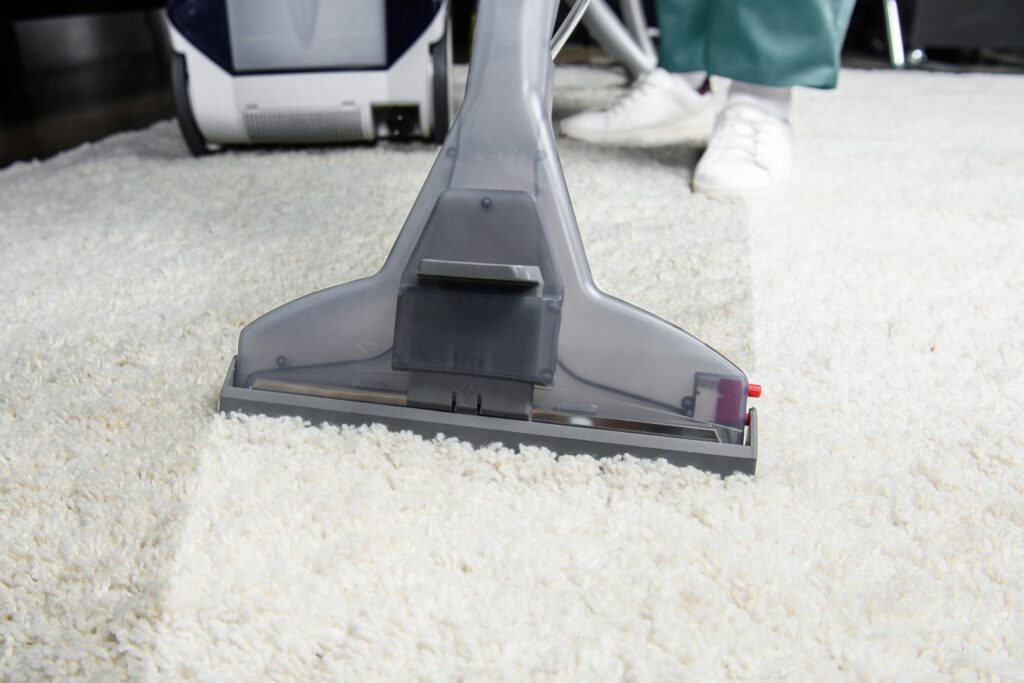

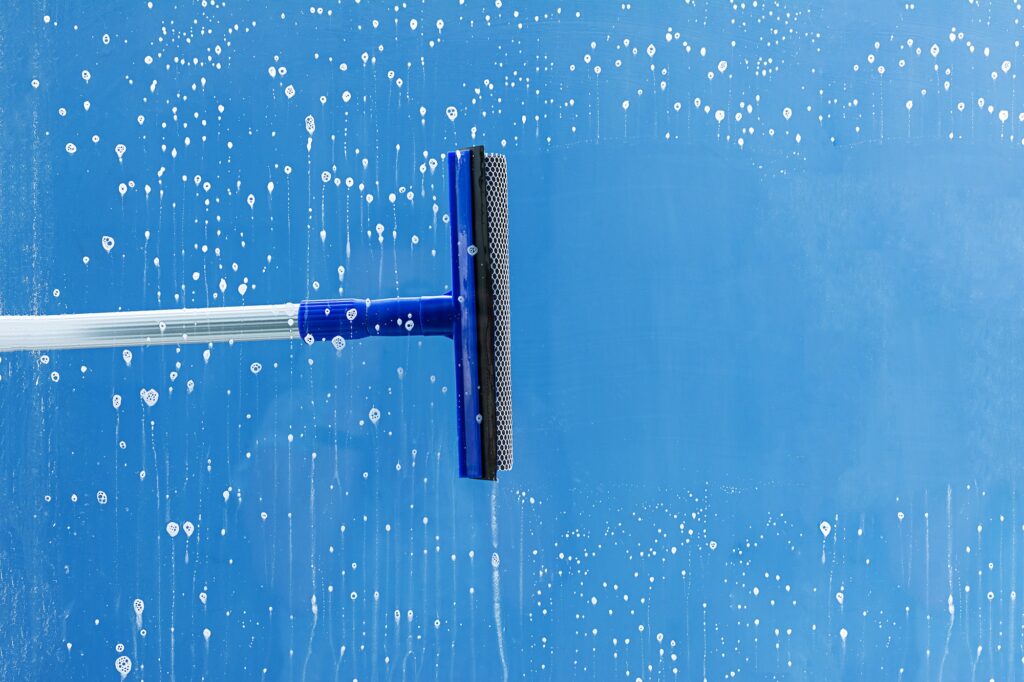
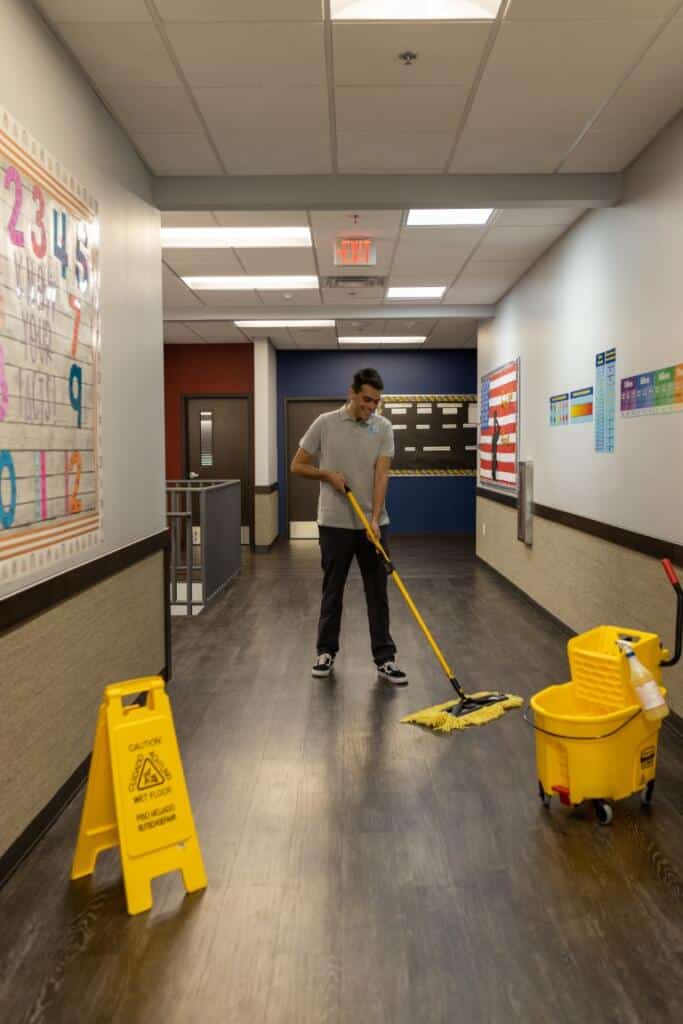
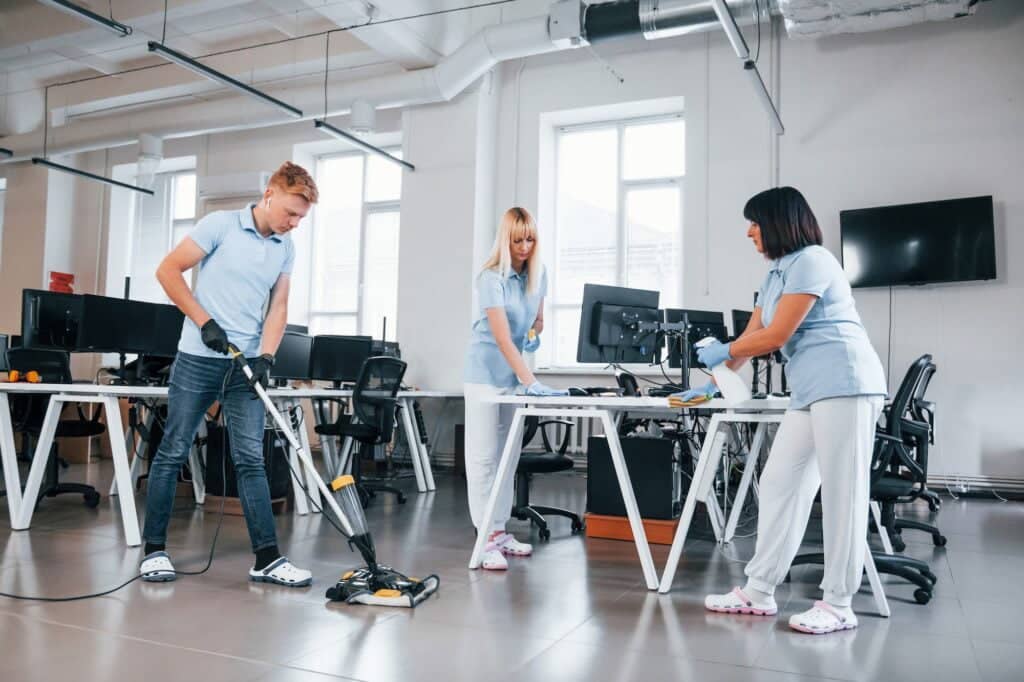
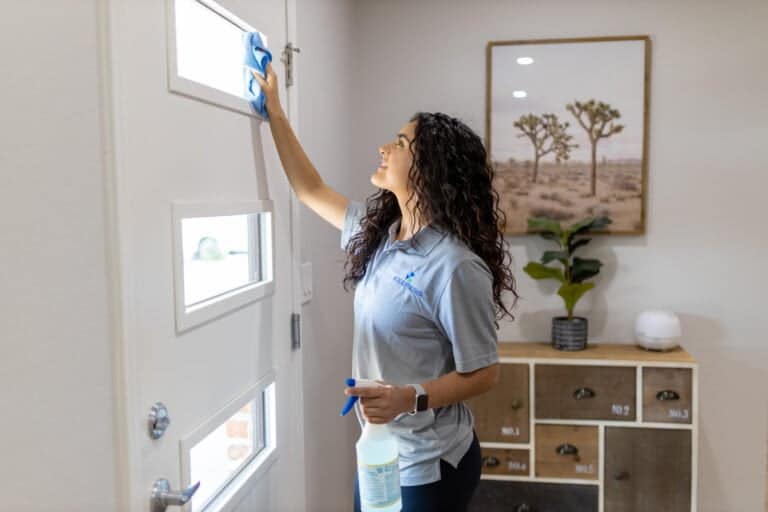

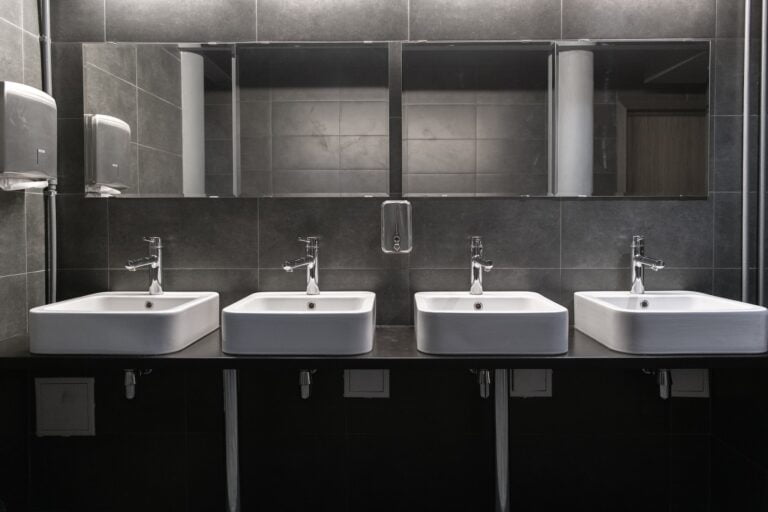
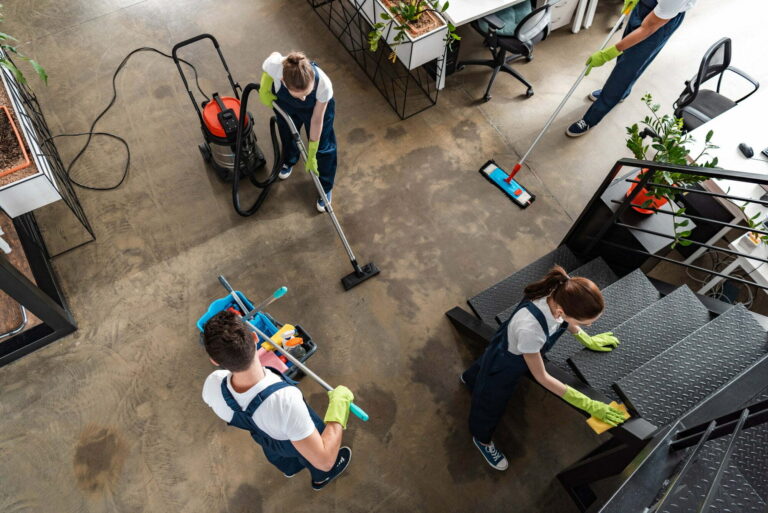
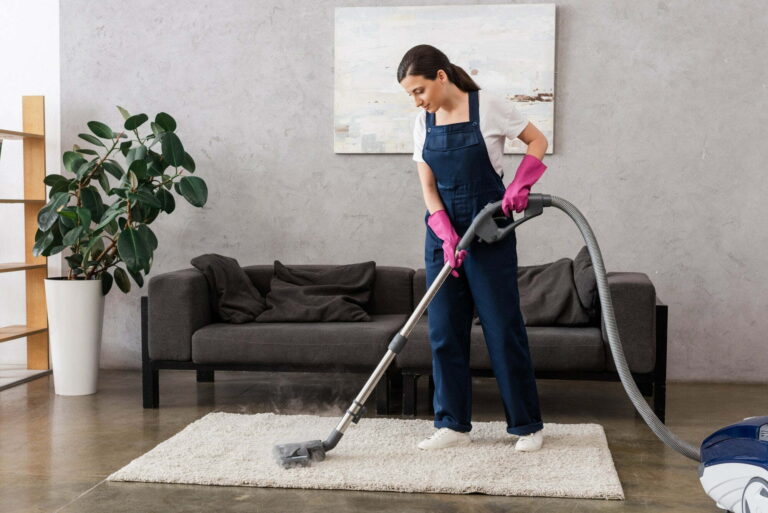

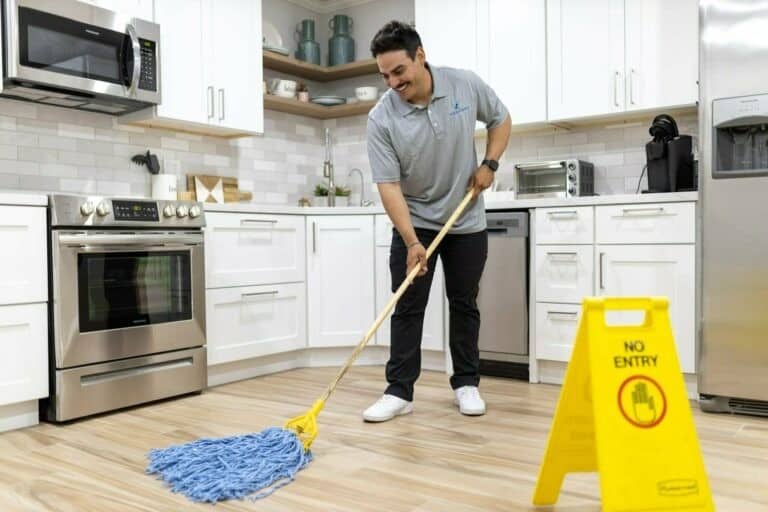
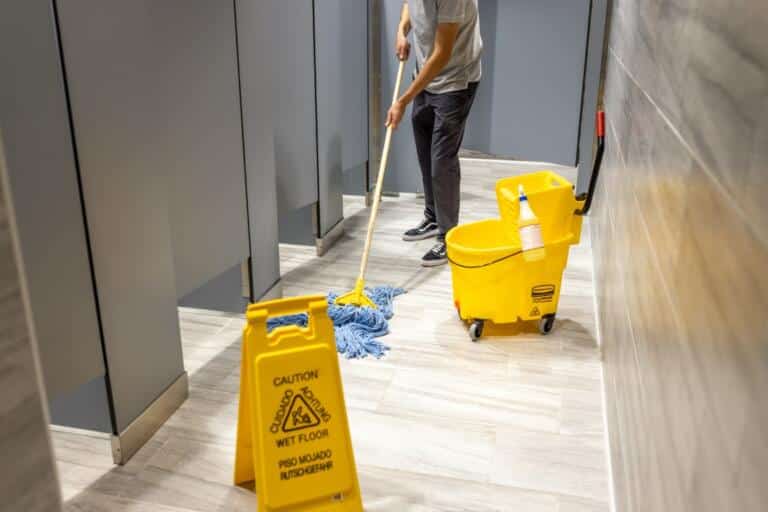

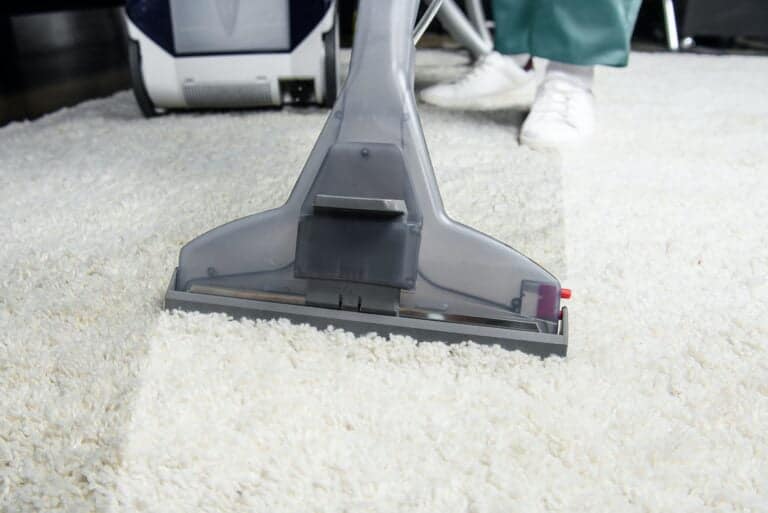

One Response
I totally agree when you said that spending on the routine care needed by the floor would save us a lot in the future. In that case, commercial property owners should invest in cleaning professionals once they have a commercial epoxy floor installation. In my opinion. It doesn’t matter if they have the budget for repairs and replacements because preventing issues will benefit them by not having accidents and downtimes during their operations.